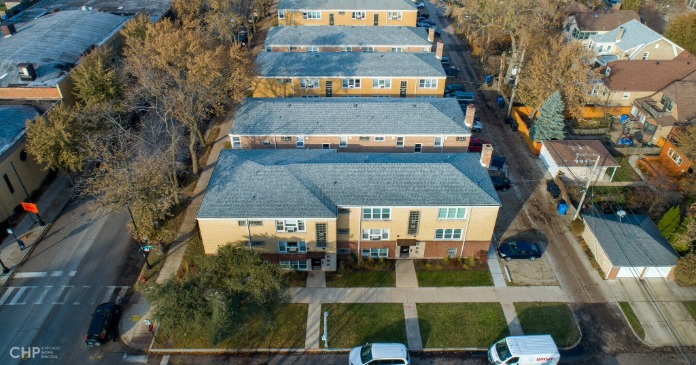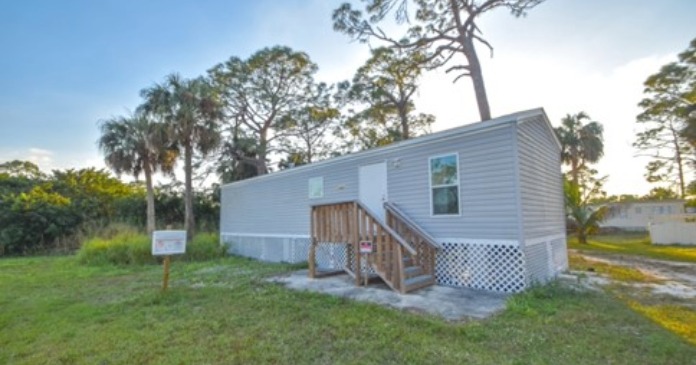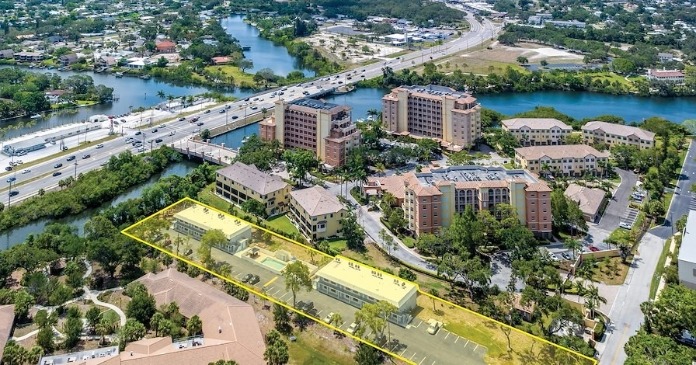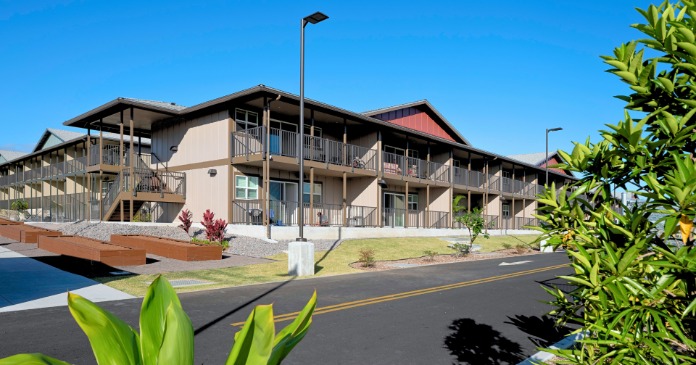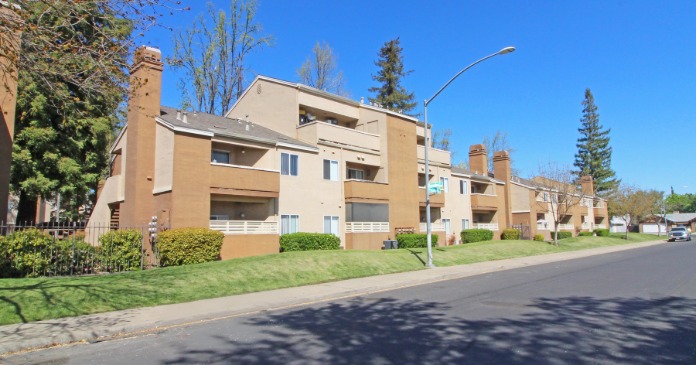When Dave Bateman and Johnny Hanna submitted their business plan to a competition at BYU-Idaho in 2003, they had no idea their startup would one day be worth over $4 billion. But that’s exactly what happened when Lehi, Utah-based Entrata announced it had secured a $200 million minority investment from Blackstone, the global alternative asset manager, valuing the property management software company at $4.3 billion.
The deal is a significant milestone for Entrata, which has quietly built one of the most valuable private technology companies in the nation. The investment comes as the company seeks to expand its artificial intelligence capabilities and extend its reach beyond its core multifamily housing market.
“This investment from Blackstone represents a powerful alignment of capital and expertise that will allow us to bring world-class technology to an expanded footprint of owners, operators, and residents,” said Adam Edmunds, Entrata’s chief executive.
The financing follows a broader trend in private equity toward minority investments, which allow companies to access capital and strategic expertise while maintaining operational control. Michael Ashley Schulman, CIO and founding partner of Running Point Capital Advisors noted that achieving such a robust valuation while maintaining existing governance structures “highlights why minority investments are becoming the favored strategy in 2025.”
From bootstrapped startup to billion-dollar company
Entrata’s story began when Bateman and Hanna identified inefficiencies in property management, where multiple systems fragmented operations from accounting to resident communication. Starting with just $50,000 in funding, the company operated without institutional venture capital for its first 18 years—a rarity in the venture capital-driven technology sector.
The company achieved $100 million in annual recurring revenue by 2015, the same year it rebranded from Property Solutions to Entrata. The name, meaning “open” and “portal,” reflected the company’s philosophy of providing integrated, accessible technology solutions through a single-login platform.
That bootstrap phase ended in July 2021 when Entrata raised $507 million in what was then the largest private investment round in Utah history. The Series A funding, led by Silver Lake with participation from Utah tech luminaries including Qualtrics co-founder Ryan Smith and Vivint founder Todd Pedersen, allowed founder Dave Bateman to retain majority ownership while bringing in strategic partners.
The 2021 investment enabled Entrata to more than double its research and development spending. By 2024, the company had grown to over $503 million in annual revenue with more than 2,100 employees and 20,000 customers.
Competing in a crowded market
Entrata operates in the highly competitive property management software landscape, where it holds the second-largest market share. According to recent data, the company commands approximately 11.96 percent of the market with over 13,343 customers, trailing only AppFolio, which leads with 13.05 percent market share and more than 14,569 customers.
Other significant competitors include RealPage with 5.49 percent market share, Rent Manager with 5.55 percent, Buildium with 4.49 percent, and Yardi Genesis with 4.20 percent. The competitive landscape has only intensified as companies vie for market dominance through continual innovation and product expansion.
Entrata’s competitive advantages include its single-login, open-access platform that integrates over 20 technology solutions, its open API that allows third-party integrations, and its comprehensive suite covering everything from accounting to resident engagement. The company’s multi-tenant architecture sets it apart from legacy competitors who often require multiple logins and disparate systems.
Strategic focus on AI and expansion
The Blackstone investment will fuel Entrata’s expansion into AI-driven property management solutions. The company currently serves over 12 million residents across more than 35,000 multifamily communities worldwide, processing more than $20 billion in rent payments annually.
Recent innovations include ELI+ (Entrata Layered Intelligence), an AI-powered suite that automates end-to-end workflows across marketing, leasing, operations, and accounting. The company also has developed Homebody, a resident engagement platform that includes loyalty programs and rewards systems.
“As our industry continues to evolve, we aim to provide the tools, technology, and expertise that help property management companies operate more efficiently, increase NOI, and ultimately improve the living experience for millions of residents,” said Edmunds.
Brian Dunlap, managing director at Blackstone Growth, said the firm was “pleased to invest in Entrata as they continue to expand their technology solutions for the property management industry. We are excited about the opportunity to partner with Adam and his talented team as they drive continued innovation to help further improve the client and resident experience.”
The corporate scandal that shook Utah’s tech community
The company has not been without its challenges. Entrata founder Dave Bateman’s downfall began on January 4, 2022, when he sent an antisemitic email to approximately 50 Utah tech leaders and politicians, including Governor Spencer Cox and Utah Jazz owner Ryan Smith. The email, sent from his corporate account at 4:59 a.m., contained conspiracy theories claiming “the Jews” were behind a “sadistic effort underway to euthanize the American people” through COVID-19 vaccines.
In the message, Bateman alleged that Jews had been “trying to infiltrate the Catholic Church and place a Jew covertly at the top” for 300 years, claiming Pope Francis was Jewish and part of a plot for “totalitarian rule.” He wrote: “I believe the pandemic and systematic extermination of billions of people will lead to an effort to consolidate all the countries in the world under a single flag.”
The email sparked immediate condemnation. Governor Cox called the comments “hurtfully anti-Semitic, blatantly false,” while local Jewish leaders warned such rhetoric could lead to violence. Within hours, Entrata’s board demanded Bateman resign as chairman, which he did “effective immediately.” Three days later, the company forced him to divest all equity holdings.
According to a Business Insider investigation, the antisemitic email was merely the culmination of years of problematic behavior that had been an “open secret.” Former employees described a pattern of workplace misconduct following Bateman’s 2015 divorce, including inappropriate relationships with young female employees and using the office as his personal “playpen.”
The scandal had significant business implications. Bateman, who had led Entrata from startup to a company valued at over $1 billion, was forced to sever all ties with the firm. The controversy also highlighted previous incidents, including sexist comments at a 2019 tech summit and a 2018 incident where he recorded an employee’s voicemail and posted it on Facebook Live.
The fallout extended beyond Entrata, prompting more than 70 Utah companies to sign a “Tech for Good Utah” initiative pledging to combat discrimination.
Looking ahead
The latest infusion of capital also provides Entrata with access to Blackstone’s extensive real estate network, potentially opening new distribution channels and partnership opportunities. The company’s vision for autonomous property management represents the next frontier in the industry, using AI to automate routine tasks so property managers can focus on strategic initiatives that drive net operating income while improving the resident experience.
As increasing demand for rental housing and the adoption of automated technologies increases, Entrata appears well-positioned to capitalize on the trend.






